Are you tired of wondering which paint will give you a perfect clean finish and last long for your next project? Whether you are a passionate do-it-yourselfer who wants to complete an elegant trim coat or a professional contractor looking for industrial-grade corrosion-resistant paints, there is the right choice of synthetic paint for every application. I’ve personally curated the Top 10 Synthetic Paint Brands in the World brands I’ve come to trust after seeing their performance firsthand in real-world applications.
How to Find Reliable Suppliers for Synthetic Paint?
Finding a reliable supplier for synthetic paint can make or break your painting project. It’s not just about choosing a vendor with the lowest price; it’s about ensuring consistent quality, dependable service, and a smooth, hassle-free experience from order to application. The supplier you choose should be able to meet your technical needs, align with your project timelines, and support you with expert guidance when needed. Here are some key factors to consider as you evaluate potential suppliers.
Basic Criteria for Choosing Suppliers
At the most basic level, a supplier must offer the right products for your project. That includes a well-rounded catalogue of synthetic paints, interior, exterior, primers, speciality finishes and ideally from reputable, recognised brands. Availability matters too. Can they consistently supply what you need, or will you be facing backorders and delays?
A reputable supplier should offer clear product labelling, current safety data sheets, environmental certification (if that’s important to you) and technical documentation like drying time and coverage per litre, as well as VOC content. And these are the details that allow you to decide, not only whether the paint is safe and effective, but whether it meets health and building code standards.
You should also take into consideration the breadth of the supplier’s network. Local suppliers can provide faster deliveries at lower costs, but national or international suppliers typically have broader product offerings and more organised logistics. The right fit for you will depend on the size and complexity of your project, as well as your location.
Evaluating Supplier Quality, Service, and Delivery Performance.
After a supplier has cleared the basic product screening, the next task is to evaluate how they perform in actual use. This is the point where service and logistics become as important as the paint.
You can tell a lot about a company by its customer service. A reputable supplier is not going to just try to sell you something; they’ll assist you in product selection, provide advice on application, and address any technical questions you might have on coverage or surface prep or finish selection. This is especially helpful when dealing with substrates such as concrete, metal or under high levels of moisture, where product compatibility is essential.
It’s not just about delivery performance. Delivery on time and precisely can save you from costly labour or scheduling delays. An excellent vendor will have a transparent process to track orders, communicate changes, and resolve any issues promptly. They might not be at fault, but how they handle such unforeseen difficulties like out of stock, weather conditions, delay or damages in packaging that is not theirs can say a lot about how they feel about their customers.
Quality consistency is another factor that separates professional suppliers from average ones. In large or phased projects, you need assurance that every batch of paint will match the last in terms of colour, texture, and performance. This requires suppliers with strong quality control systems and tight coordination with manufacturers.
Finally, see what their policies are on returns, exchanges, or damaged items. Suppliers that provide flexible, well-communicated policies reveal that they have confidence in their products and are committed to customer satisfaction. These are the sorts of protections that can end up saving time, money and other resources when something unexpected goes awry.
While synthetic paint suppliers are often easier to find due to their large-scale distribution, sourcing natural paint can be more challenging but also more rewarding for those looking to build healthier, more sustainable spaces. If you’re curious about trusted natural paint options, don’t miss our upcoming post: “Top 10 Trusted Natural Paint Brands in the World (2025 Edition)”. It’s a curated list that will help you navigate the growing market of eco-friendly, high-performance natural paints.
List of Top 10 Trusted Synthetic Paint Brands in the World in 2025.
Here are the top companies researching and creating synthetic paints and coatings in 2025.
Its beginnings are traced to 1883, when it started with the Pittsburgh Plate Glass Company, and it has about 160 manufacturing facilities worldwide. PPG is now Coating for Automotive, Aerospace, Industrial, Architectural, and Packaging. Their Speedhide Alkyd/Enamel paint is a solvent-borne enamel that can be used both professionally and for DIY projects, owing to its great application, flow, and gloss retention. On the industrial side, the DPX® Alkyd series offers thick, corrosion-resistant primers and topcoats that are widely used in steel fabrication, agricultural equipment, and general maintenance.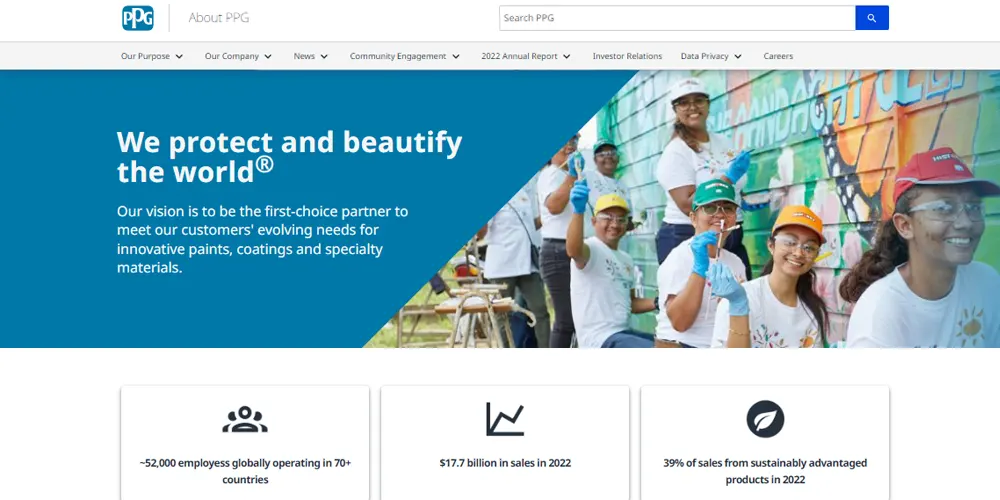
AkzoNobel, formed by the 1994 merger of Dutch firm Akzo and British Nobel Industries. It is headquartered in Amsterdam and employs over 40,000 people in 150+ countries. Under the Dulux brand, their Weathershield exterior enamels combine alkyd and acrylic technologies to resist fading, cracking, and mildew, making them a top choice for harsh climates. 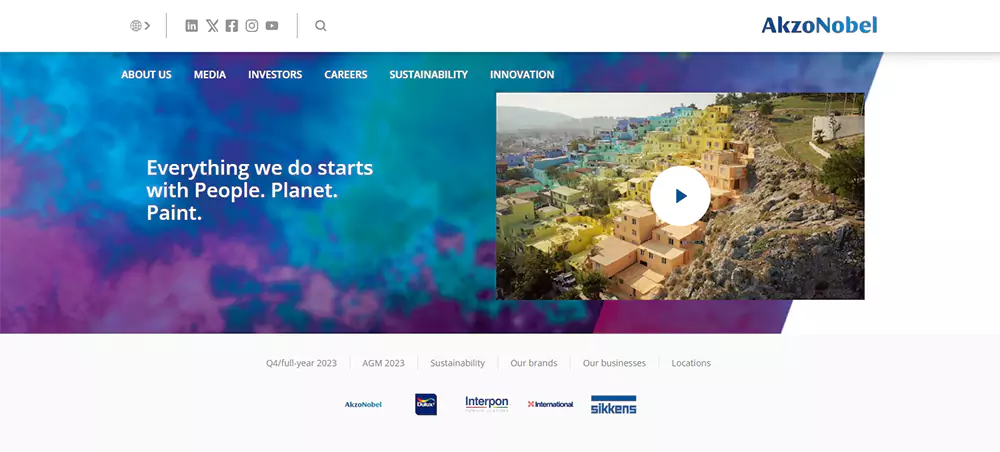
Nippon Paint, which started from Japan, Osaka, in the year 1881, has evolved into one of Asia’s biggest producers of paint. It currently operates around the Asia Pacific, the Middle East and claims its stake in Europe as well. Their Nippon Enamel series uses quick-drying alkyd resins to deliver high-gloss finishes on wood and metal surfaces, which is perfect for residential decor. As for industrial use, Nippon Industrial Coatings has a range that includes alkyd primers and topcoats designed for automotive parts, machinery, and structural steel. These components function superbly in corrosion resistance and rapid curing.
Today it is the largest paint company in India and emerged victorious in opening 19 more branches in South Asia, the Middle East and even Africa. The AP Enamels range is well known for its powdered alkyd resins and provides good-quality synthetic paints for trim, internal doors and cabinetry. This line is also known for being budget-friendly due to the smooth application and retention of gloss provided.
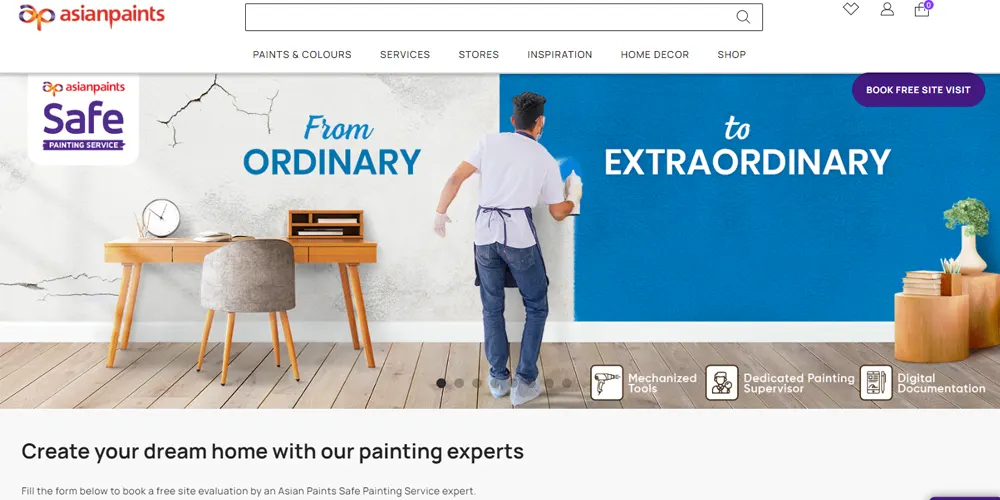
Starting in 1923 in Kolkata, Berger Paints expanded to the rest of Asia and Eastern Europe, including Bangladesh, Nepal, Poland, and Russia. Its Berger PU Enamel series employs polyurethane-modified alkyd resins, which provide a durable and chemical-resistant finish ideal for industrial machinery, metal gates and doors. The WeatherCoat Family blends alkyd and acrylic chemistries to protect exteriors from UV radiation, along with moisture and is exceptional at doing so in South Asia’s humid regions. The R&D centres in India are focused on eco-friendly resin systems, which include low VOC alkyds and bio-based solvent blends as well as advanced corrosion inhibitors. Besides offering decorative synthetics, Berger also provides industrial primers and topcoats for infrastructure works, steel fabrication, and automotive undercoating.
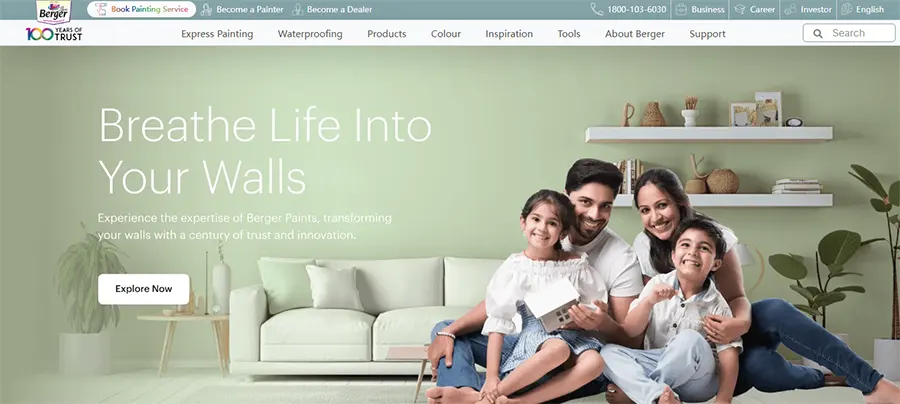
Originally founded in Sandefjord, Norway, in 1926, Jotun is best known for its marine and protective coatings, but also offers a solid decorative synthetic lineup. The hallmark of Jotun’s portfolio is the Penguard® epoxy primer and Jotamastic® alkyd mastic systems, solvent-based, heavy-build coatings engineered to protect offshore platforms, ships, and industrial structures against saltwater erosion and extreme weather. Their decorative division offers acrylic-alkyd hybrid enamels for interior wood and metal surfaces that require deep gloss and long-lasting finishes, as well as stout gripping alkyd primers for a wide array of surfaces.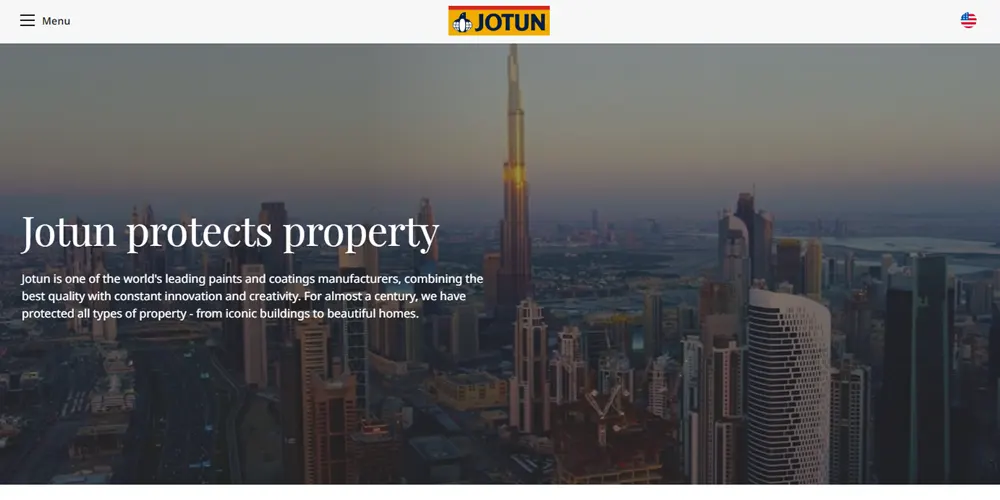
Kansai Paint has emerged as a global leader in automotive, industrial, and decorative coatings since 1918, and is headquartered in Osaka, Japan. Their Enamel Lacquer series is famous in Southeast Asia and the Middle East for its chemical resistance, high gloss finish, rapid drying, and suitability for both light industrial and residential use. Frequently specified for metal structures, transmission machinery, and pipelines in corrosive environments, the Alkyd Resin line is also exceptional in adhesion and flexibility as well as corrosion protection. Kansai offers high-performance synthetic coatings worldwide without compromising environmental compliance and breach of quality.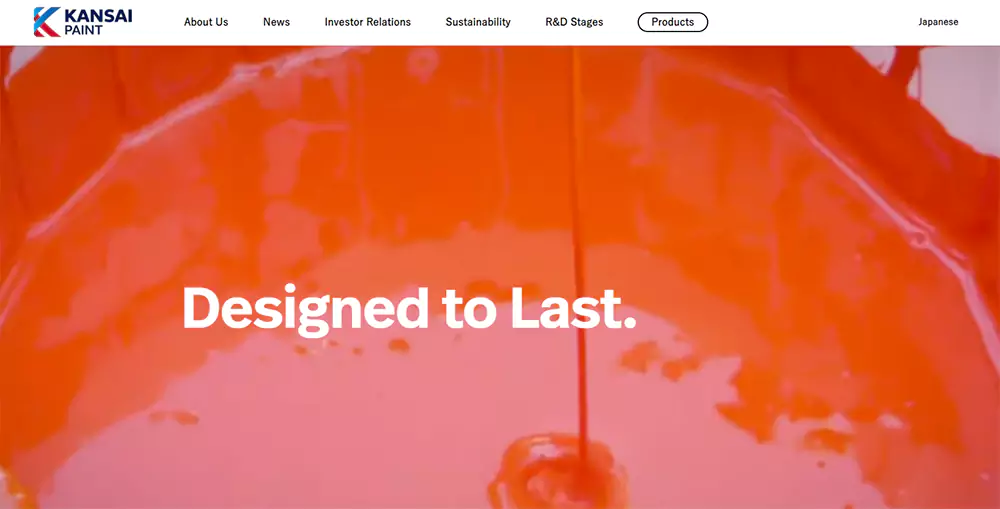
RPM International, headquartered in Medina, Ohio, owns the Rust-Oleum brand, synonymous with accessible, consumer-grade synthetic enamels since 1928. Rust-Oleum’s Stops Rust line of oil-based synthetic enamels is a do-it-yourself favourite for corrosion inhibition on metal surfaces. The Painter’s Touch range adds to this legacy with brushable and sprayable synthetic enamels for wood, metal and masonry with fast drying duration, good adhesion, and strong colour selection. RPM concentrates its research efforts on single-component synthetic formulas for paints to achieve the industrial level sturdiness necessary without complex mixing.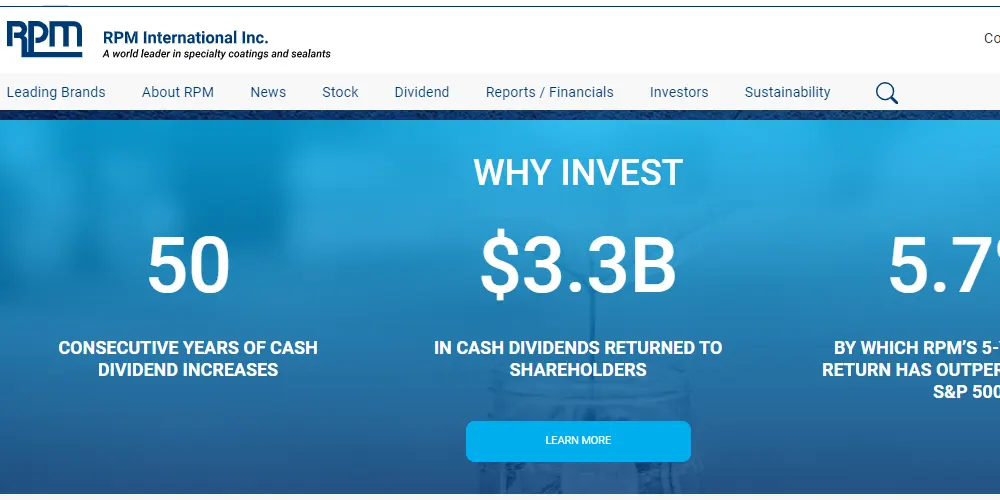
Founded in Montvale, New Jersey, in 1883, Benjamin Moore is well-received among professional contractors and house-proud consumers for its top-tier paints. Although renowned for its water-based lines, Benjamin Moore’s Advance Alkyd Enamel and Imperial Alkyd Interior Enamel are benchmarks within synthetic coatings and offer smooth, tough, factory-like finishes for trims, doors, and cabinetry. In addition, Advanced Alkyd Enamel has proprietary VOC restraint that enhances levelling and durability even in heavy traffic zones, making it ideal. Marquee Alkyd Enamel series, on the other hand, excels within commercial spaces due to great adhesion, chemical resistance and long-term colour retention.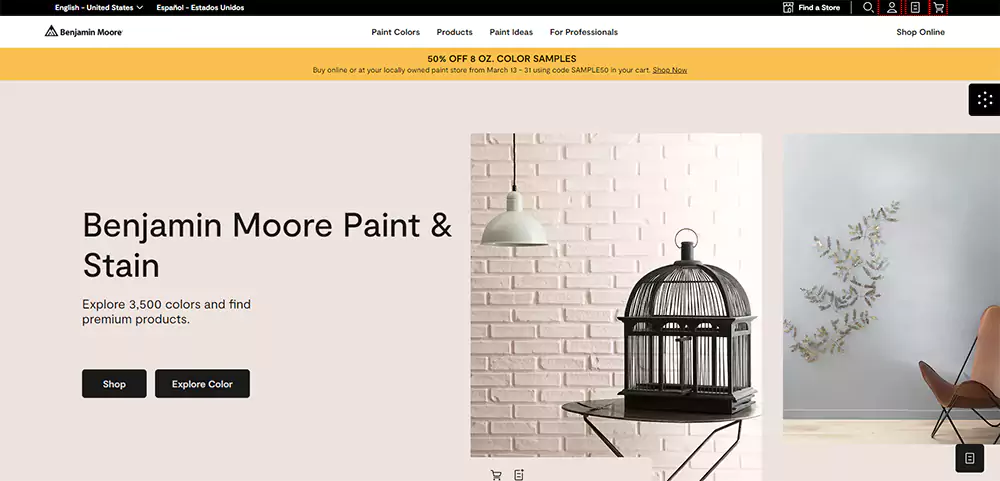
Based in Philadelphia, Pennsylvania, Axalta Coating Systems is a spin-off from DuPont’s Performance Coatings sector. It is now recognised as the dominator in liquid and powder coatings for transportation, industrial, and architectural applications. Germany, the United States, and Asia host Axalta’s R&D facilities, which focus on next-generation VOC synthetic formulations, novel cross-linking mechanisms, non-VOC solvent substitutes, and sustainable synthesis alternatives. To meet applicable legislative and performance requirements, Axalta maintains regional coatings and performance testing laboratories, as well as more than 100 manufacturing and technical centres worldwide. Drawing from decades of DuPont innovation and its vast global supply network, Axalta has set the market standard for OEM syntheses and refinish paints.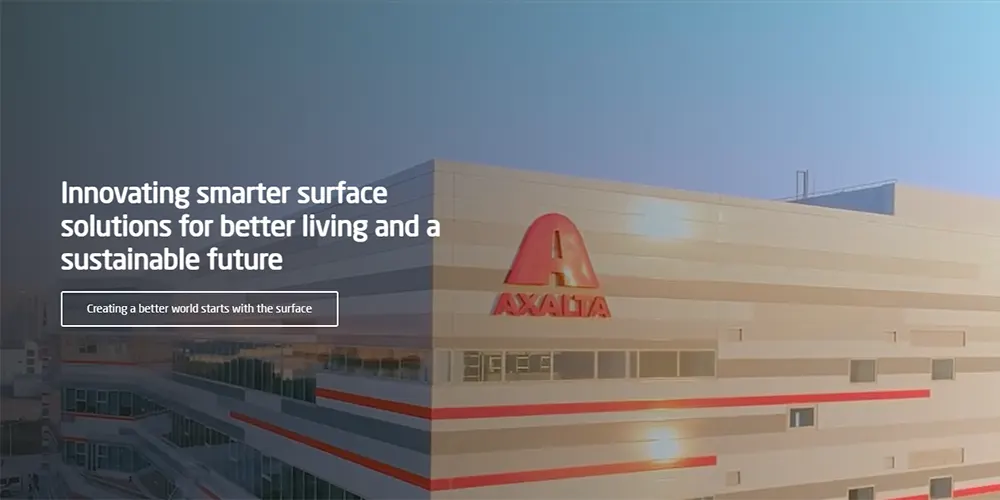
How to Choose the Right Synthetic Paint Brand?
Whether you are a professional looking for industrial-grade protection or a DIY enthusiast wanting to give your interiors a smooth finish, getting the right synthetic paint has never been easier or more important. Synthetic paints such as alkyds, acrylics, and polyurethanes have advanced resin chemistries that offer better adhesion, durability, and gloss retention. They are widely used in commercial and decorative spaces as well as in the automotive industry because of their ability to dry quickly, withstand corrosion, UV damage, and weathering. Let’s take a closer look at which brands are the best in different cases and why they might be a good choice for your next project.
➦ For Heavy-Duty Industrial and Corrosion Protection
For extreme levels of durability against harsh environments, look no further than PPG Industries, Jotun and Axalta Coating Systems. PPGs would be the DPX Alkyd Primers and Enamels, which provide thick corrosion-resistant coatings for heavy machinery and steel fabrication. Jotun’s Penguard epoxy and Jotamastic mastic also protect industrial infrastructure and offshore platforms from saltwater erosion, protecting them against extreme weather. Axalta stands out with next-gen low VOC synthetic coatings for OEM and industrial refinish markets, blending innovation with its global presence in manufacturing. All of these brands provide industrial-grade finishes designed to stand up to the most extreme conditions.
➦ For Residential and Decorative Interior Uses
For smooth durables with high gloss finishes, doors, trims, and cabinetry are best served by Nippon Paint, Asian Paints and Benjamin Moore. Nippon offers stylish household decor through fast-drying alkyd enamels with superb adhesion on wood and metal surfaces. Benjamin Moore’s Advance Alkyd Enamel is a favourite for its factory-like gloss and low VOCs, being great for high-traffic interiors. Asian Paints offers dependable alternatives to everyday residential projects with their line of AP Enamels. These brands help homeowners achieve the reliability and finesse they have always coveted.
➦ For Weather-Resistant Exterior Coatings
The Berger Paints’ WeatherCoat and AkzoNobel’s Dulux Weathershield lines use both acrylic and alkyd technologies to shield the surfaces from UV rays, moisture, and mildew. Alkyd finishes modified with Berger’s polyurethane offer enhanced scratch and chemical resistance which makes them perfect for heavy outdoor exposure and humid regions. The rapid drying enamel lacquer paints from Kansai Paint are highly valued in the Southeast and Middle Eastern markets for their resistance to harsh chemicals. If you require synthetic coatings that withstand harsh weather conditions while retaining colour and structural integrity, these coatings are exceptional choices.
➦ For DIY-Friendly and Budget-Conscious Projects
Rust-Oleum, under RPM International, is the trusted go-to for consumer-grade synthetic enamels with easy application and rust-inhibiting formulas. Their Stops Rust and Painter’s Touch ranges offer quick drying, vibrant colours, and strong adhesion suitable for home improvement enthusiasts. James Alexander (from your natural brands list, if you want to tie in) is less relevant here, but Rust-Oleum fills the synthetic niche for affordable and durable coatings. For budget projects that don’t compromise on finish, Rust-Oleum provides consistent quality.
➦ For Automotive and Specialised Applications
Kansai Paint and Axalta Coating Systems shine in the automotive and specialised industrial sectors. Kansai’s alkyd resin-based coatings provide flexibility, adhesion, and corrosion protection needed for metal structures and machinery, while Axalta’s powder and liquid coatings are engineered for OEMs and refinishing professionals worldwide. Their commitment to low VOCs and advanced cross-linking technology makes them leaders in environmentally conscious, high-performance synthetic paints.
Detailed Comparison Table of Top Synthetic Paint Brands (2025)
| Brand | Performance Highlights | Best For | Notable Features |
|---|---|---|---|
| PPG Industries | Corrosion resistance, industrial primers | Heavy-duty steel, machinery | Thick, solvent-borne alkyd coatings |
| AkzoNobel (Dulux & Sikkens) | Weather-resistant exteriors, mildew resistance | Exterior walls, harsh climates | Alkyd-acrylic hybrids, UV stable |
| Nippon Paint | Fast-drying alkyd enamels, excellent adhesion | Residential interiors, wood, metal | High gloss, quick cure |
| Asian Paints | Budget-friendly, smooth finishes | Interior trim, doors | Alkyd resin tech, broad distribution |
| Berger Paints | Scratch/chemical resistance, weatherproof | Metal doors, humid climates | PU-modified alkyds, corrosion inhibitors |
| Jotun | Marine-grade epoxy primers, durable coatings | Offshore platforms, industry | Heavy-build solvent coatings |
| Kansai Paint | High gloss, chemical resistance | Automotive, industrial | Rapid drying, alkyd lacquer |
| RPM International (Rust-Oleum) | DIY friendly, rust inhibiting | Home improvement, metal | Easy spray/brush application |
| Benjamin Moore | Premium alkyd enamels, low VOC | Interiors, trim, cabinetry | Smooth finish, fast drying |
| Axalta Coating Systems | Advanced low-VOC synthetics, industrial solutions | Automotive OEM, industrial | Innovative cross-linking, eco focus |
Selecting the right synthetic paint brand depends on your project’s requirements, whether that’s superior corrosion protection, rapid curing, or ease of application for a DIY trim job. Each of these ten manufacturers brings a unique combination of R&D prowess, global distribution, and specialised product lines. By considering factors like resin chemistry (alkyd vs. hybrid), VOC levels, and intended substrate (metal, wood, automotive), you can align your needs with the brand that delivers the best balance of performance, availability, and long-term durability.
FAQs
Is synthetic paint more durable than natural paint?
Yes, synthetic paints are more durable. These paints are built for high durability and provide better resistance. You can expect a 3-7 year lifespan of natural paints. On the other hand, synthetic paints can last between 8 to 10 years. But remember, natural paint is worth it when it comes to no toxicity.
What are the disadvantages of synthetic paint?
In synthetic paints, there is a use of high levels of VOCs that go into the environment. This ultimately contributes to air pollution and health hazards.
What brand of paint lasts longest?
High-quality 100% acrylic latex paints like Sherwin-Williams Duration and Rhino Shield offer the best protection against fading, cracking, and peeling. These brands are known for their durability in harsh weather conditions.
Is synthetic paint any good?
Synthetic paints are generally more resistant to UV light, moisture, and abrasion, which means they can maintain their appearance and performance for longer periods.
What is a hybrid paint?
Put simply, hybrid paint is a blend of oil and water-based paint. In nerdier terms, you can describe it as a water-based paint with an oil carrier. That’s to say that there’s a little oil in the formula to improve its flow.

